The World Health Organization (WHO) gave the above information in a new study published in the Lancet medical journal, based on surveys of thousands of adolescent girls aged 15-19 in 154 countries and regions.
 |
| Analysis showed that 24% of them had experienced violence from an intimate partner at least once, with 16% reporting the incident in 2023. (Source: WHO) |
WHO analysis shows that 24% of them have experienced violence from an intimate partner at least once, with 16% reporting the incident in the past year.
According to Dr Lynnmarie Sardinha, Director of the WHO Department of Sexual and Reproductive Health Research and lead author of the study, “intimate partner violence is starting at an alarmingly early stage for millions of young women worldwide .” Violence during these crucial formative years “can cause profound and lasting harm, and should be treated as a more serious public health problem – with a focus on prevention and targeted support.”
Violent acts included in the survey included kicking, hitting, or any unwanted sexual behavior, such as rape or forced sex. According to the study, intimate partner violence can have devastating effects on young people's health, academic performance, future relationships, and lifelong prospects. In terms of health, violence increases the likelihood of injury, depression, anxiety disorders, unwanted pregnancy, sexually transmitted infections, and more.
The data, broken down by country and region, reflects the link between violence and women’s rights, with countries where girls and women have limited access to education and unequal inheritance laws reporting higher levels of violence. The highest rates are in Oceania, followed by Africa, with 49% of girls reporting intimate partner violence in Papua New Guinea and 42% in the Democratic Republic of Congo. The lowest rates are in Europe, at around 10%.
Dr Lynnmarie Sardinha asserted, “research shows that to end gender-based violence, countries need to have policies and programs in place that promote equality for women and girls.” This means ensuring secondary education for all girls, ensuring gender-equal property rights, and ending harmful practices such as child marriage...
Source: https://baoquocte.vn/who-bao-luc-tu-ban-tinh-doi-voi-tre-em-gai-vi-thanh-nien-o-muc-bao-dong-281357.html



![[Photo] Hanoi morning of October 1: Prolonged flooding, people wade to work](https://vphoto.vietnam.vn/thumb/1200x675/vietnam/resource/IMAGE/2025/10/1/189be28938e3493fa26b2938efa2059e)

![[Photo] President of the Cuban National Assembly visits President Ho Chi Minh's Mausoleum](https://vphoto.vietnam.vn/thumb/1200x675/vietnam/resource/IMAGE/2025/10/1/39f1142310fc4dae9e3de4fcc9ac2ed0)
![[Photo] Keep your warehouse safe in all situations](https://vphoto.vietnam.vn/thumb/1200x675/vietnam/resource/IMAGE/2025/10/1/3eb4eceafe68497989865e7faa4e4d0e)

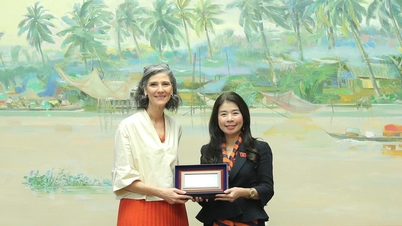

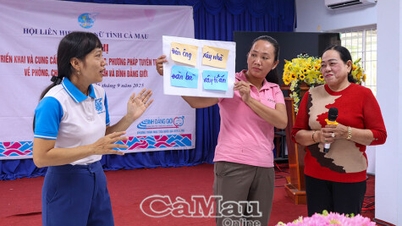



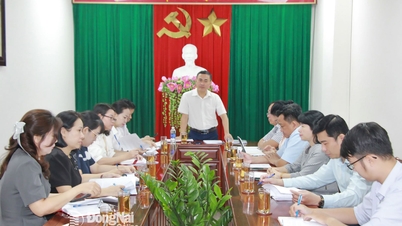

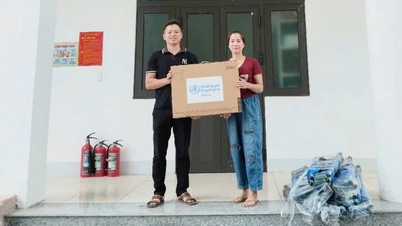







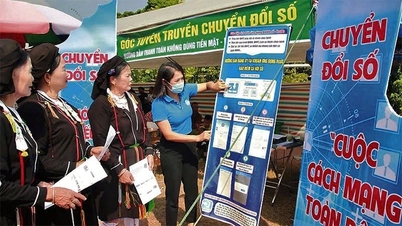

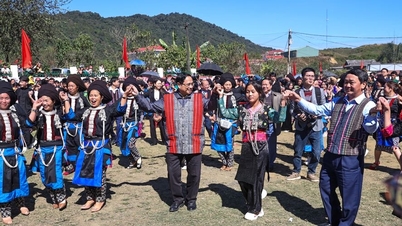


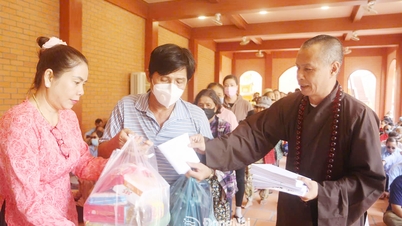





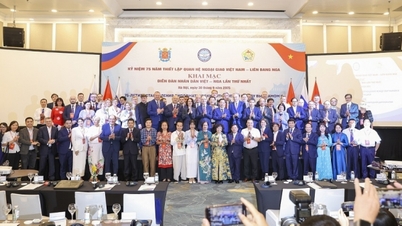
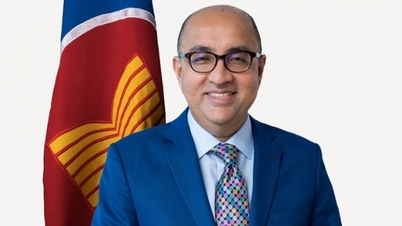
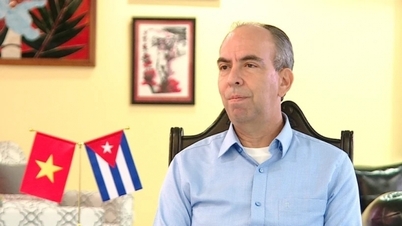









































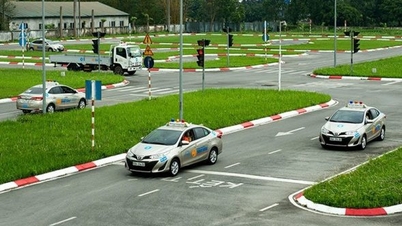



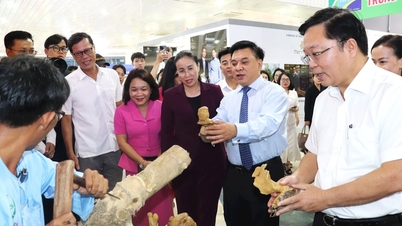

![[Infographics] An Giang Agriculture 2020-2025: Stable growth, quality transformation](https://vphoto.vietnam.vn/thumb/402x226/vietnam/resource/IMAGE/2025/10/1/bf3a77ba3a0243a697e5253ed4cd6f9c)
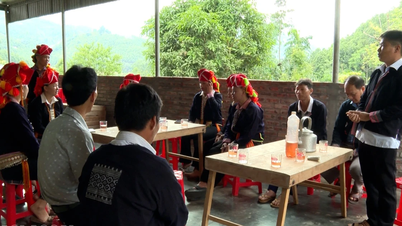














Comment (0)